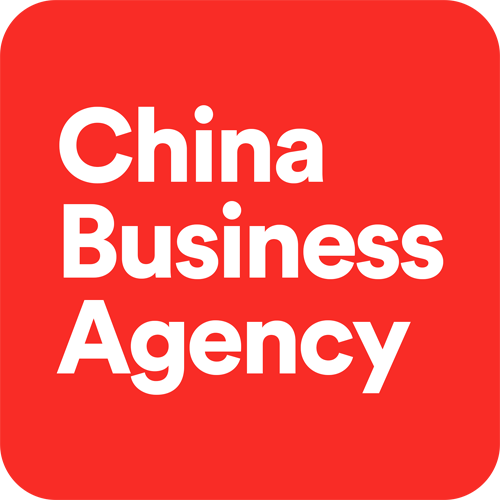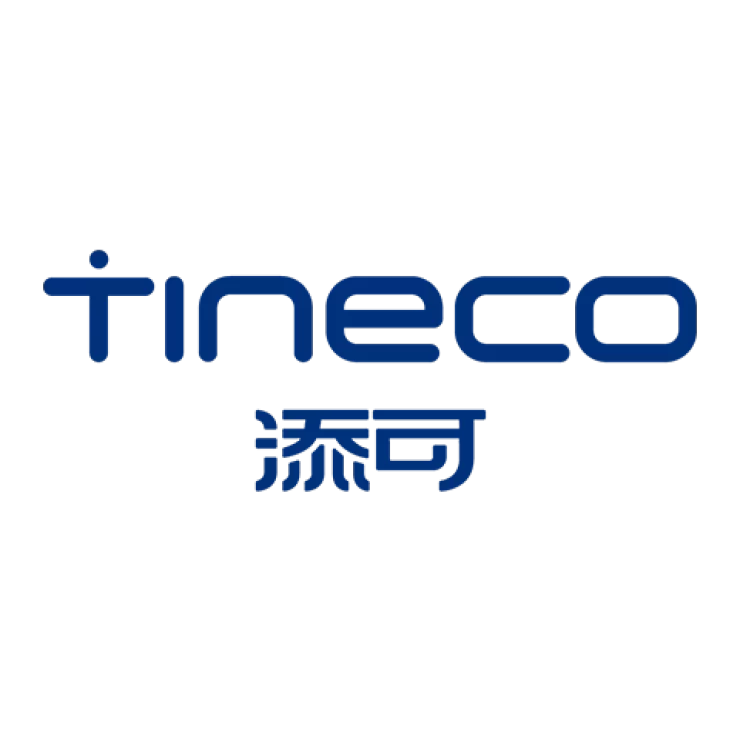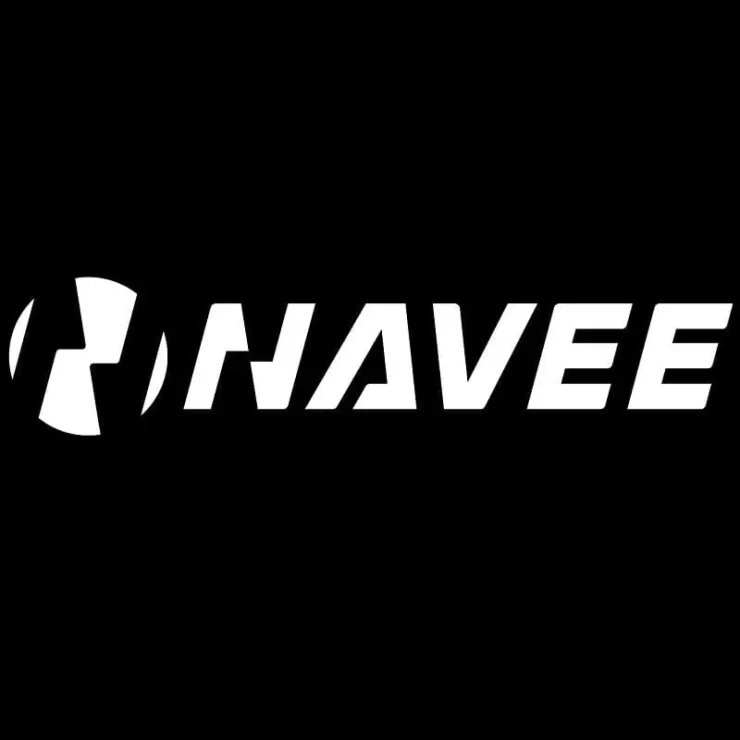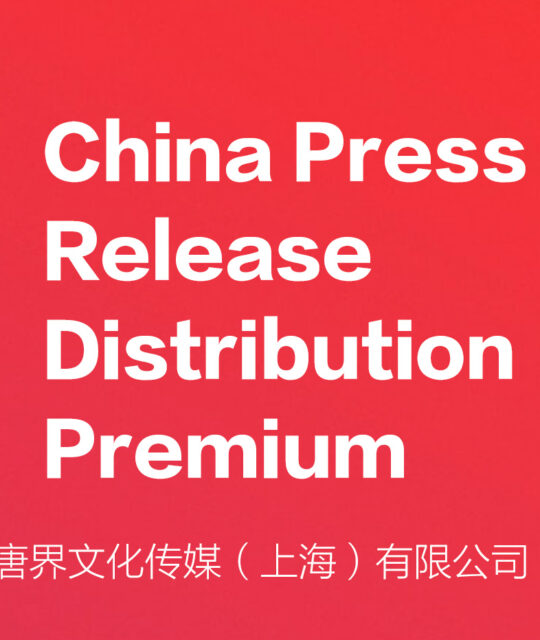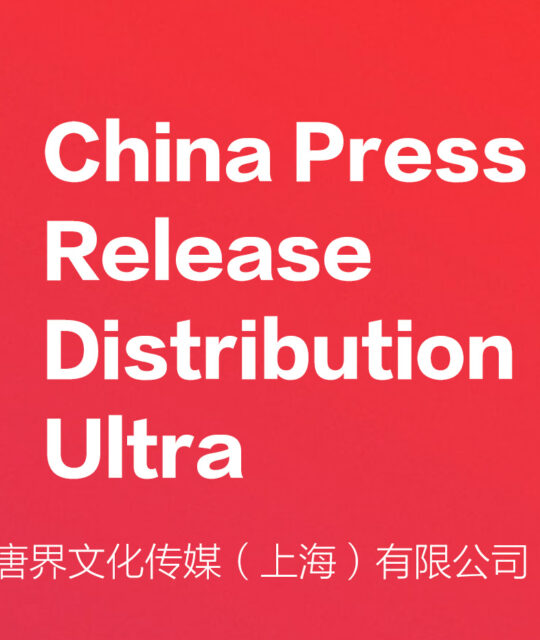China has become the world’s largest luxury goods market, and for global luxury brands, success in this market is no longer optional—it’s essential. With a rapidly growing middle class, an increasing appetite for luxury products, and a cultural shift toward conspicuous consumption, China offers unprecedented opportunities for high-end brands. However, entering the Chinese market requires more than just a presence; it demands a tailored approach that blends local preferences with the universal appeal of luxury.
In this article, we’ll explore how luxury brands can navigate the Chinese market, with key insights on what drives success. We’ll also introduce how China Business Agency can help luxury brands build a successful strategy in China.
1. Understanding the Chinese Luxury Consumer
To successfully market luxury goods in China, it’s critical to understand the unique characteristics of the Chinese luxury consumer. The preferences of Chinese buyers differ significantly from those in Western markets, and understanding these nuances is essential.
- Aspiration for Status: In China, owning luxury goods is not just about materialism; it’s a symbol of social status and success. As such, luxury brands must emphasize exclusivity and prestige in their marketing efforts. Products that convey high status, such as limited editions or bespoke items, are particularly attractive to Chinese consumers.
- Younger Consumers Driving Growth: China’s luxury market is increasingly driven by younger, more tech-savvy consumers, particularly those from Generation Z and Millennials. They are highly active on social media and rely heavily on digital platforms for shopping. Brands that engage these younger consumers with tailored content, influencer partnerships, and digital-first strategies have an edge in the market.
- Strong Demand for High Quality: Chinese luxury consumers are not only interested in the brand name but also the quality and craftsmanship of the products. For instance, luxury fashion brands like Chanel and Louis Vuitton succeed by maintaining a strong narrative of craftsmanship, history, and heritage.
China Business Agency helps luxury brands conduct in-depth consumer research to understand the behaviors, preferences, and buying patterns of Chinese consumers. This allows you to tailor your products and marketing messages to meet local expectations.
2. Digital Strategy and E-Commerce in China
Digital platforms are essential for engaging with Chinese luxury consumers. While e-commerce is thriving globally, the Chinese market has its own ecosystem, with unique platforms and consumer behaviors.
- E-Commerce Platforms: Platforms like Tmall Luxury Pavilion and JD.com’s luxury section are now the primary channels for luxury purchases. These platforms offer a curated experience for luxury buyers, providing easy access to high-end goods while maintaining a premium feel. Luxury brands must establish a direct presence on these platforms to gain credibility and visibility.
- WeChat and Social Media: Chinese consumers spend a considerable amount of time on social media, particularly on platforms like WeChat, Weibo, and Douyin (TikTok). Establishing an official WeChat account is one of the most effective ways to engage with consumers, as it allows for direct communication, product promotions, and even e-commerce transactions within the app. WeChat Mini Programs and Douyin’s live-streaming features can help promote products to an engaged audience.
- Influencer Marketing (KOLs): In China, Key Opinion Leaders (KOLs) and celebrities have a significant influence on consumer behavior. Collaborating with well-known KOLs and celebrities can dramatically increase brand visibility. For luxury brands, it’s essential to partner with KOLs who align with the brand’s values and target audience, as they can drive significant traffic to e-commerce platforms and influence buying decisions.
China Business Agency helps luxury brands develop comprehensive digital strategies, including e-commerce management, social media marketing, and influencer collaborations. We leverage local insights to ensure your brand resonates with Chinese consumers in the digital space.
3. Cultural Sensitivity and Localization
Localization goes beyond just translating content. For luxury brands to succeed in China, they must adapt to local tastes, customs, and cultural expectations. Here are some key points to consider:
- Cultural References: The Chinese market values tradition and culture, so incorporating elements of Chinese heritage into the brand story can be impactful. For example, Gucci has leveraged Chinese zodiac symbols, while Louis Vuitton has designed special collections celebrating Chinese New Year, aligning the brand with the cultural significance of the occasion.
- Tailoring Marketing Messages: The messaging that works in Western markets may not resonate in China. Luxury brands must adapt their brand stories to highlight aspects such as family values, respect for tradition, and harmony. Brands that fail to tailor their message to local preferences may risk alienating Chinese consumers.
- Holiday Marketing: Chinese holidays like Chinese New Year, Singles’ Day (11/11), and Mid-Autumn Festival are crucial shopping events in China. Special edition releases, limited-time offers, and exclusive collections released during these times can create urgency and attract large numbers of consumers.
China Business Agency assists in the localization of your brand’s product offerings, marketing messages, and overall positioning in China. Our team ensures your content resonates deeply with local consumers while maintaining global brand consistency.
4. Premium Customer Experience
In China, luxury brands are expected to offer an exceptional customer experience that goes beyond the product itself. The luxury experience needs to extend to every touchpoint, from online to offline interactions.
- Personalized Service: Chinese consumers expect personalized service, both in-store and online. This includes bespoke shopping experiences, personalized recommendations, and high-quality customer support. Offering exclusive membership or VIP services for loyal customers is also an effective way to enhance the luxury experience.
- Flagship Stores: While e-commerce is critical, flagship stores in major cities like Shanghai, Beijing, and Shenzhen remain important for building brand credibility. Luxury shoppers often prefer to see, touch, and try the products before making a purchase. Creating an immersive and luxurious in-store experience helps reinforce the brand’s prestige.
- Omni-channel Integration: The key to success in China’s luxury market is seamlessly integrating offline and online experiences. Allowing customers to browse online and purchase offline—or vice versa—while maintaining a premium and consistent experience across all touchpoints, will provide a competitive advantage.
China Business Agency offers strategic support in setting up flagship stores, designing in-store experiences, and creating omni-channel customer journeys. Our services ensure that your brand delivers an exceptional customer experience at every touchpoint.
5. Media Relations and PR
Building brand credibility in China is crucial for luxury brands. Leveraging local media and high-profile PR campaigns is an essential component of building long-term success in this competitive market.
- Fashion and Luxury Media: High-end publications like Vogue China, Harper’s Bazaar China, and Elle China are essential for luxury brands seeking to engage with an affluent audience. These outlets have a trusted readership and can help elevate a brand’s image.
- Event Sponsorships and Partnerships: Luxury brands can also benefit from sponsoring prestigious events such as Shanghai Fashion Week or partnering with prominent cultural events. This strategy not only increases brand visibility but also enhances its association with the world of high fashion.
- Crisis Management: PR is not just about visibility—it’s also about managing a brand’s reputation. In China, where social media is incredibly influential, handling any brand crises swiftly and effectively is essential to maintaining a positive image.
China Business Agency specializes in media relations and PR strategies for luxury brands. We help secure coverage in top fashion outlets, organize high-profile events, and manage your brand’s reputation in the Chinese market.
Conclusion
Entering the Chinese luxury market presents significant opportunities but also requires a nuanced, culturally aware approach. From understanding local consumer behavior to building a strong digital presence and delivering a premium customer experience, luxury brands must adapt to the specific needs and expectations of Chinese consumers.
With China Business Agency’s expertise in digital marketing, PR, localization, and consumer insights, we provide comprehensive support to luxury brands looking to succeed in China. By leveraging our knowledge of local trends and our strong network of influencers, media, and retail partners, we ensure that your brand thrives in one of the world’s most exciting and lucrative markets.
